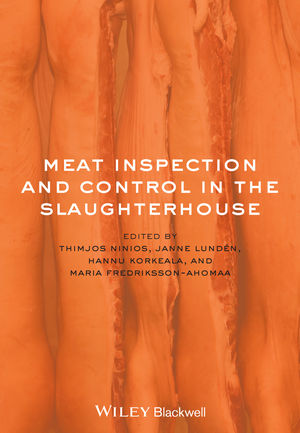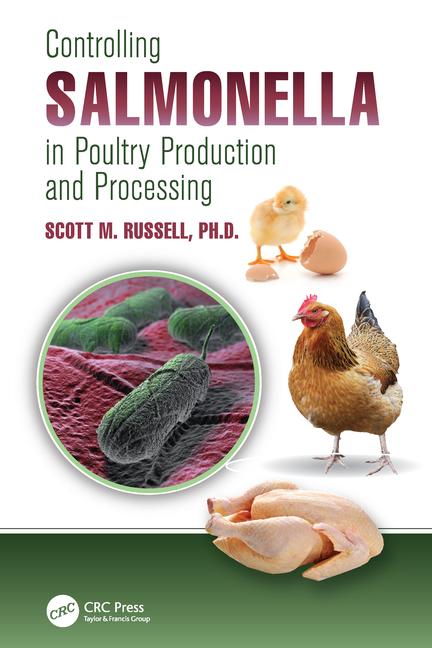The Biden Administration officially took charge of the executive functions of government on Jan. 20, Inauguration Day. What that will that mean for the meat processing industry is becoming increasingly clear as President Joe Biden’s nominations are announced and policy positions are clarified.
As a preliminary matter, it is important to remember that even though the legislative branch is responsible for writing the laws, the executive branch has significant authority over regulations. Regulations have the force of law despite significant constraints in breadth and scope. It also is important to keep in mind that any changes, regulatory or otherwise, will take time to implement. Cabinet-level appointees will need to be confirmed by Congress, new regulations will be subject to a bevy of procedural hurdles, and the effective dates of such regulations will likely extend months or even years into the future.
Among the most consequential announcements, Biden has nominated Tom Vilseck to lead the U.S. Department of Agriculture (USDA). Vilseck previously served as head of the USDA for eight years, focusing on rural development and nutrition programs. The Supplemental Nutrition Assistance Program (SNAP), which accounts for approximately half of USDA’s budget, will be a frontline issue given the extraordinary need for food aid because of the pandemic. Vilseck, who enjoys broad support among Republicans, is expected to easily be confirmed.
In terms of regulations, the Biden Administration has announced plans to streamline and reform existing regulations but has not clarified exactly how. The administration’s focus on climate change will likely result in a greater number of stringent environmental regulations that disproportionately affect animal agriculture. Of potential concern for the meat industry, Biden intends to implement stringent coronavirus-related workplace safety regulations, even if the new requirements raise food prices. This would likely involve stricter Occupational Safety and Health Administration (OSHA) regulations and enhanced enforcement. Among other things, Biden has expressed support for adopting a permanent infectious disease standard to protect frontline workers and has proposed to double the number of OSHA inspectors.
On the other hand, Biden also has placed importance on improving rural access to technology. This would likely provide a significant boost to the agricultural industry, as would the proposed $20 billion investment in rural broadband infrastructure and the tripling of broadband-access funding in rural areas.
Biden recently announced he will release a comprehensive immigration proposal as soon as he takes office. Biden has promised to pursue a bipartisan approach toward enacting compromise legislation between farmworkers and the agricultural sector that would grant legal status to undocumented workers with agricultural work history. This would likely be a boon for the meat industry.
Of concern to the nation’s largest meat companies, Biden intends to strengthen the Sherman and Clayton Antitrust Acts and the Packers and Stockyards Act, ostensibly to address increasing market concentration, which many economists say is detrimental to workers and small agricultural businesses. It is unclear how this would be accomplished in practice.
While the Biden administration will certainly pursue a more progressive and less business-friendly agenda than the Trump administration, the ability to enact legislation will be constrained by the extremely narrow Congressional majority held by Democrats. For now, we recommend companies continue to monitor any proposed regulations or legislation. And, as the new president settles in, we will continue to follow up with any updates on issues significantly impacting the industry.










